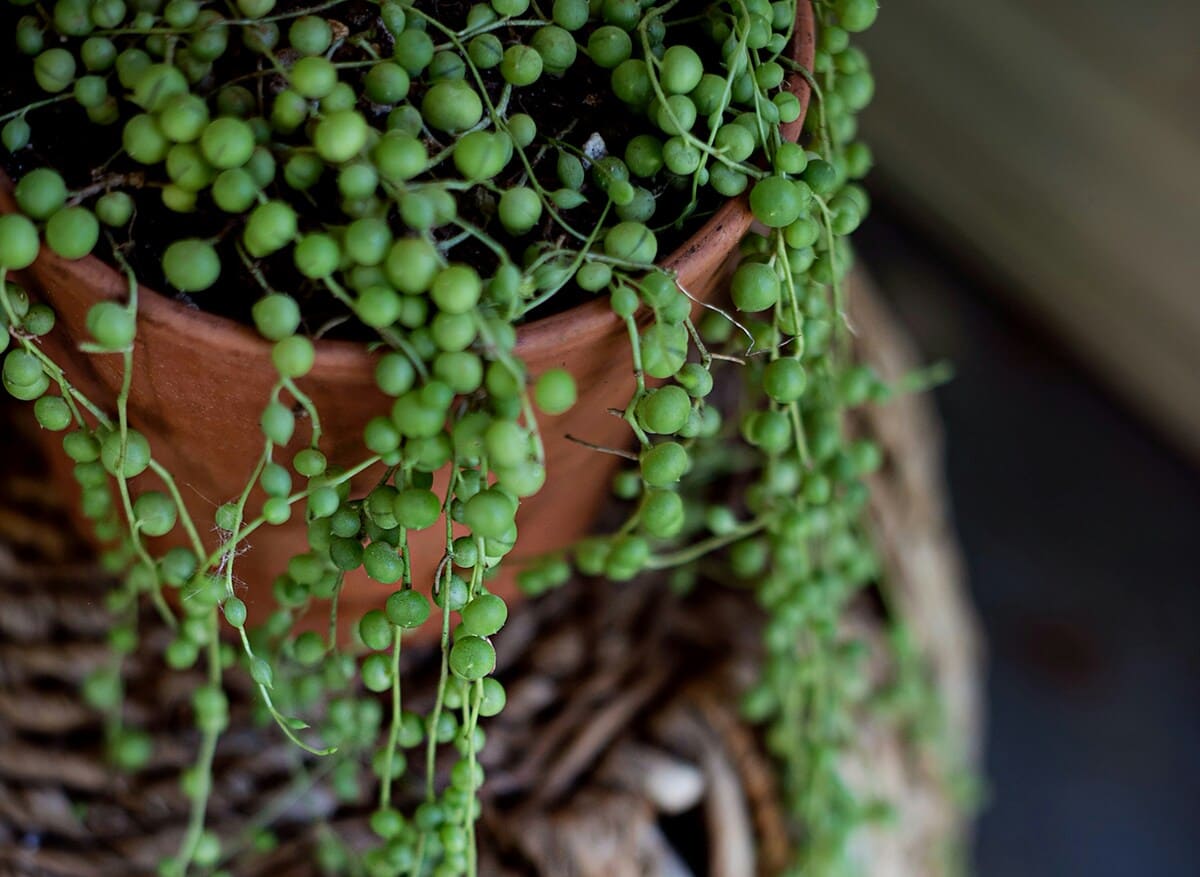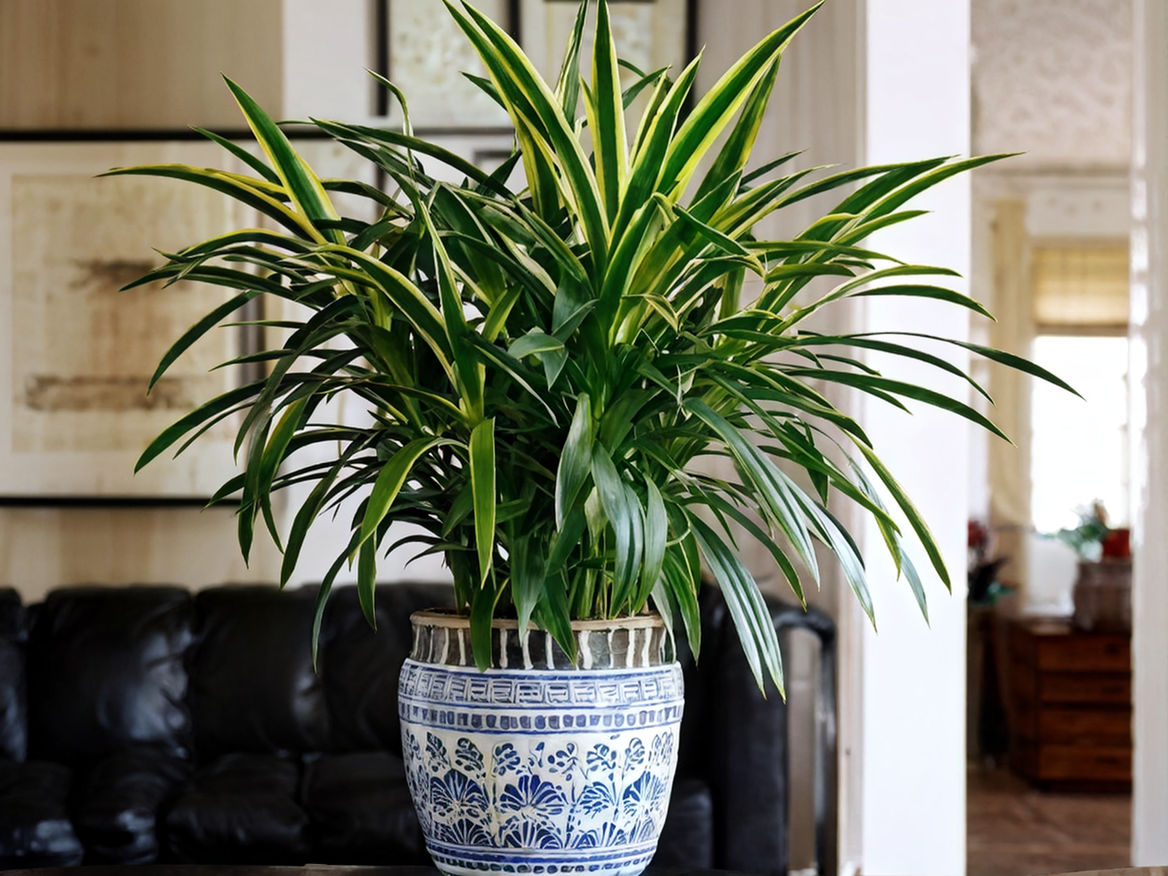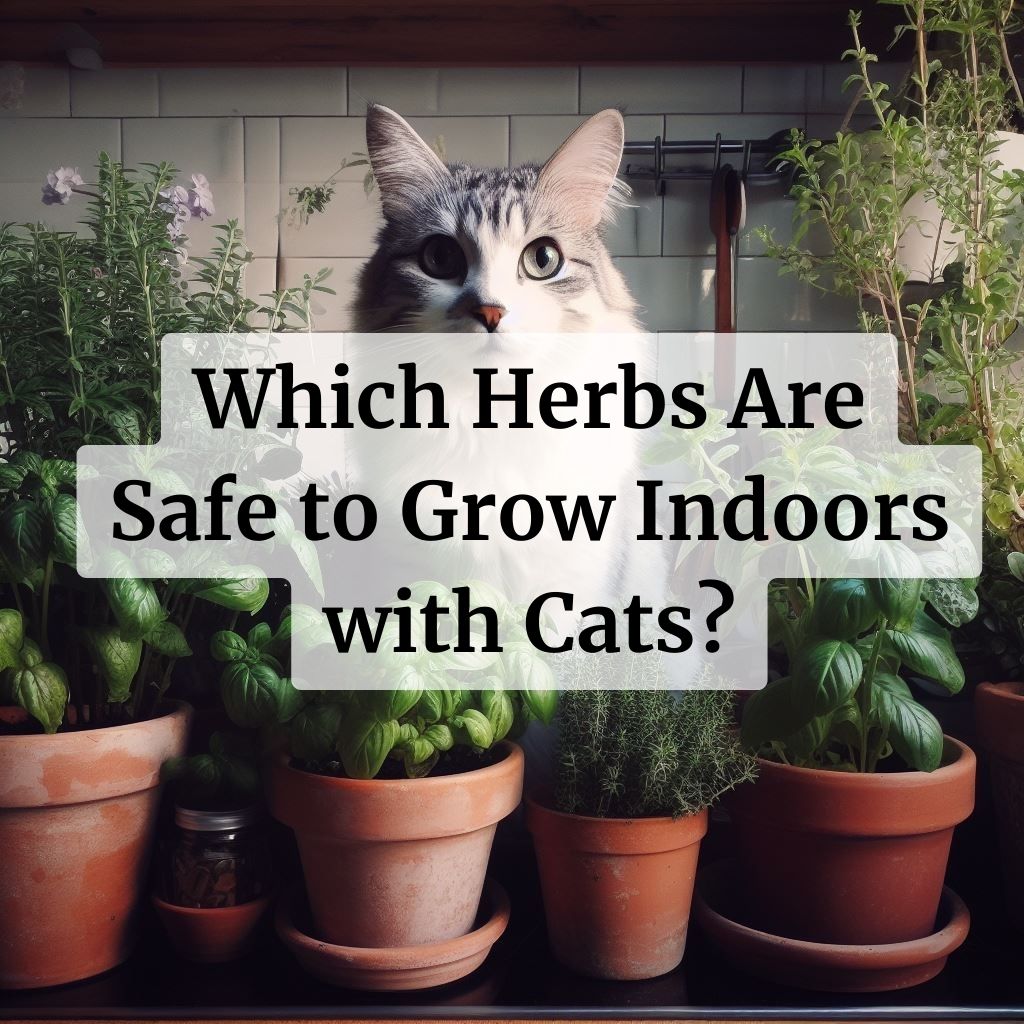
Some herbs are safe for cats, while others can be toxic to them. Safe herbs for cats include basil, cilantro, dill, rosemary, and thyme. On the other hand, herbs like oregano, lemongrass, and marjoram are toxic to cats and should be avoided.
In this article
Selecting Cat-Friendly Herbs
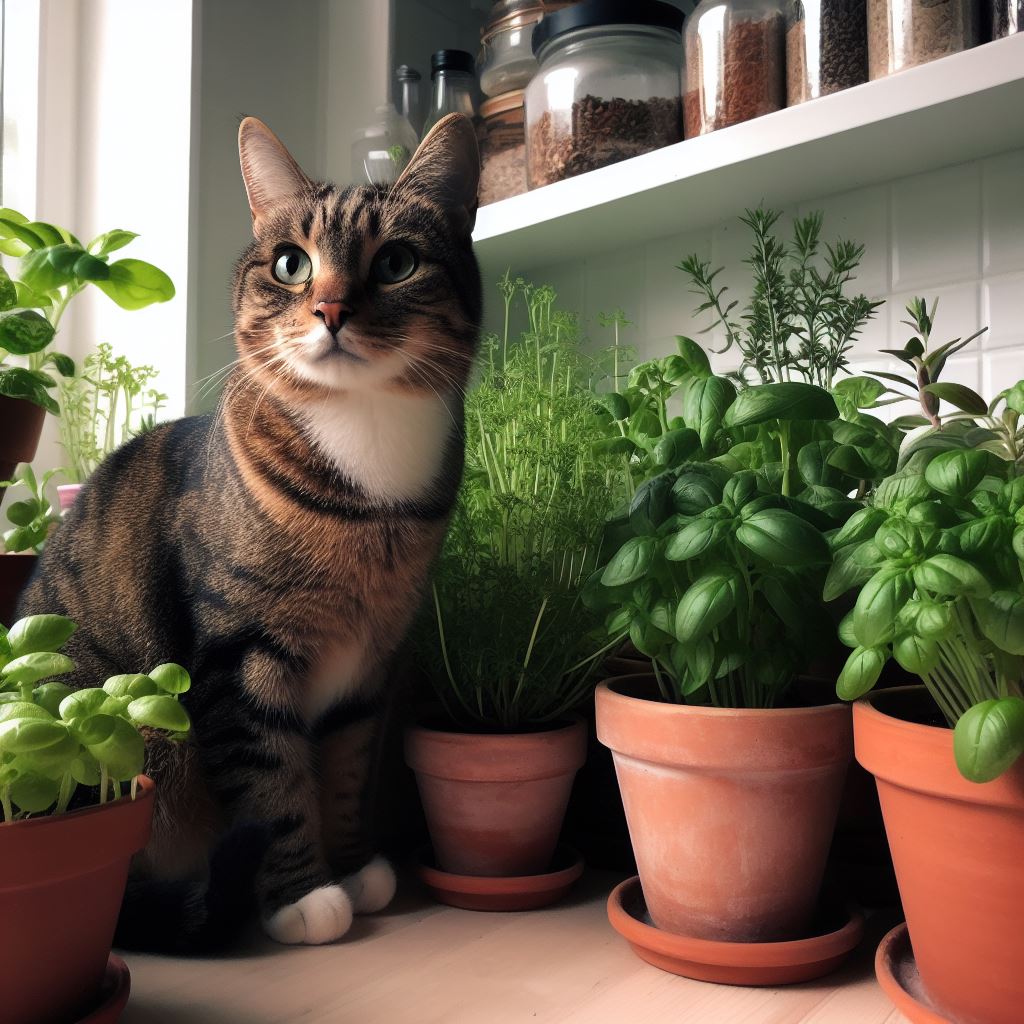
Let’s begin with a fundamental step: choosing herbs that are safe for your cats. Fortunately, there are plenty of cat-friendly herbs that not only thrive indoors but also pique your feline’s interest in a non-toxic way. Here are some top picks:
Catnip (Nepeta cataria)
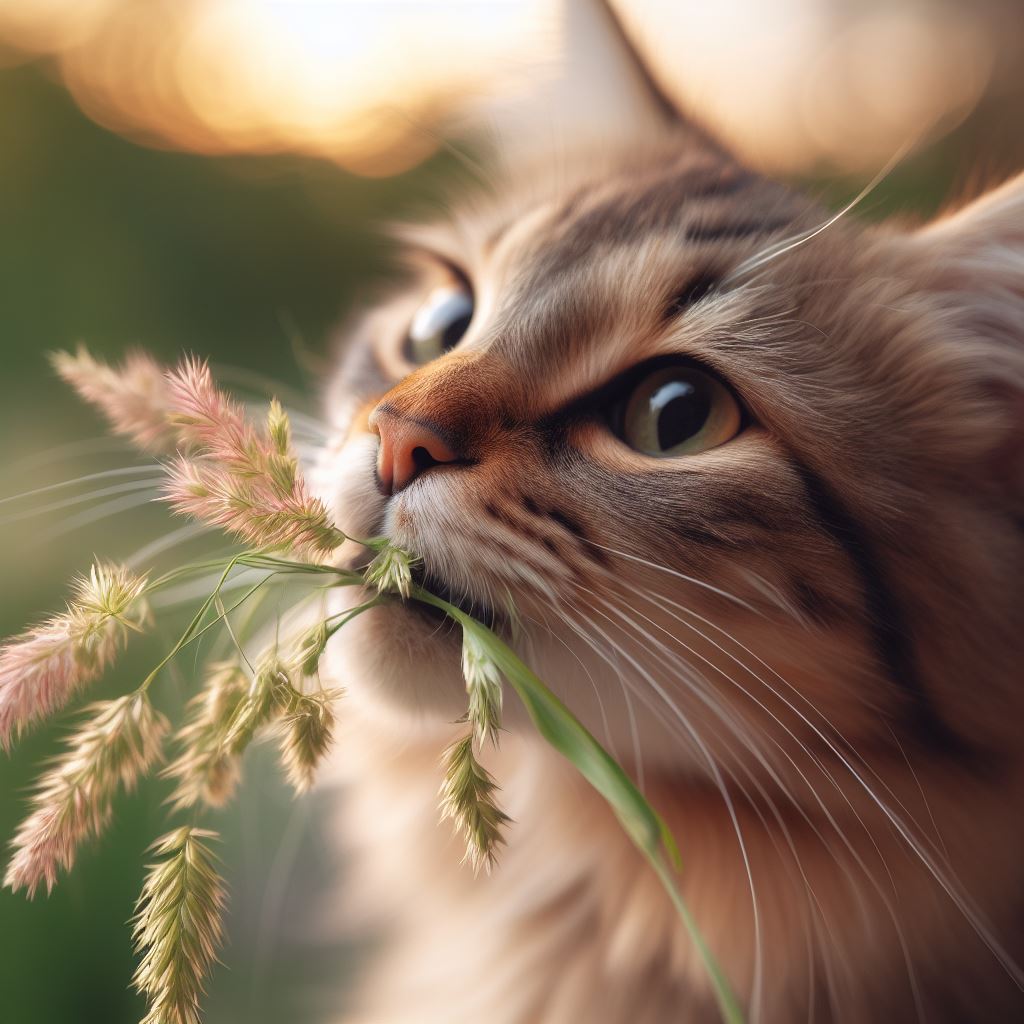
Catnip is a well-known favorite for cats Not only does it stimulate your cat’s senses, but it’s also a robust herb that’s easy to grow indoors. Just be prepared for some playful antics when your cat encounters this aromatic herb.
Cat Grass (Dactylis glomerata)
Cat grass is not only safe but also provides your cat with essential nutrients. It’s an excellent choice for distracting your feline from other herbs in your garden. Keep a pot of cat grass nearby, and your cat is likely to nibble on it rather than your basil or mint.
Valerian (Valeriana officinalis)
Valerian is not only safe but also has a calming effect on cats. It’s a win-win choice for your indoor herb garden, as it helps keep your cats relaxed while adding a unique herb to your collection.
Parsley (Petroselinum crispum)
Parsley is not just a kitchen staple; it’s also safe for cats. It’s a versatile herb that can thrive indoors, making it a valuable addition to your indoor herb garden.
By incorporating these cat-friendly herbs into your indoor garden, you create a stimulating environment for your cats while preserving the sanctity of your precious herbs.
Indoor Herbs That are Not Cat-Friendly
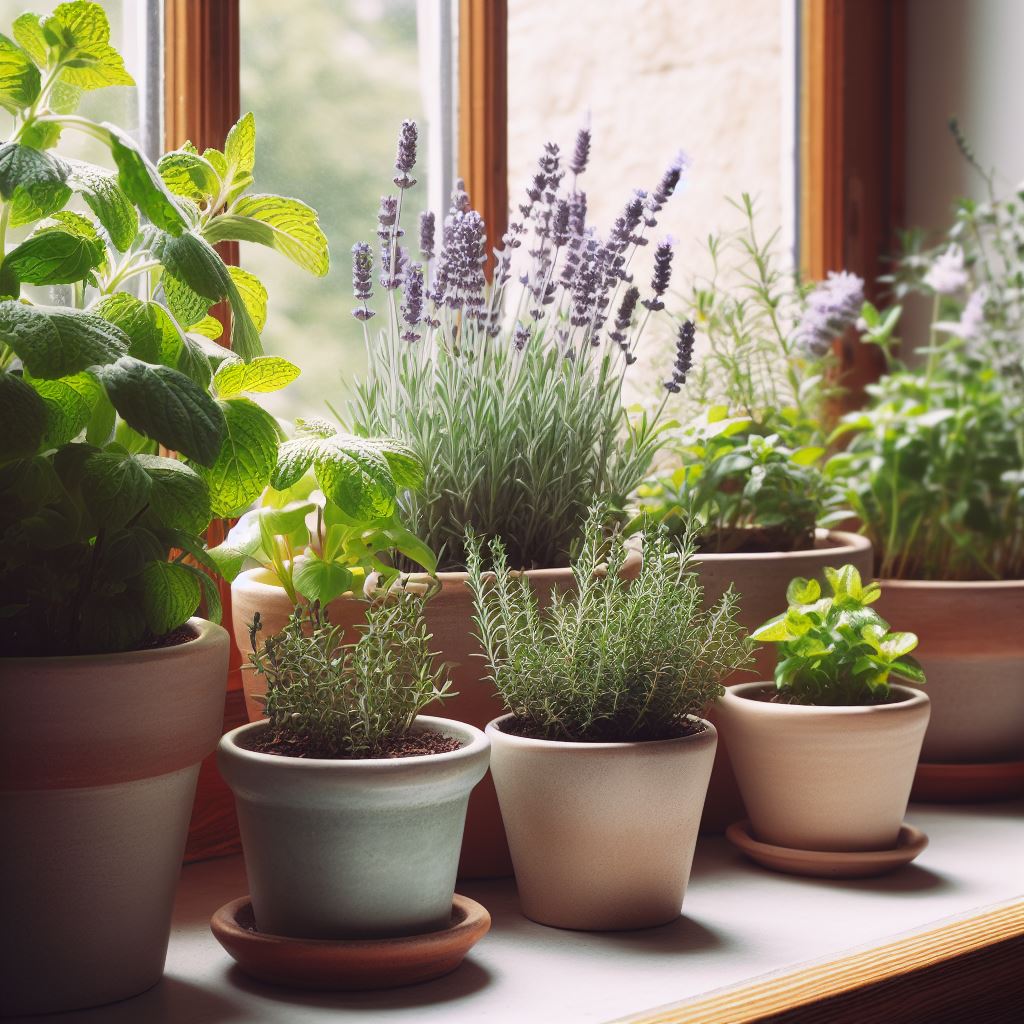
These herbs should be avoided if you have cats in your home:
| Herb | Reason for Caution |
|---|---|
| Lavender | Lavender contains compounds (linalool and linalyl acetate) that can be toxic to cats and may cause digestive upset, lethargy, or skin irritation. Cats are especially sensitive to the aroma of lavender. |
| Mint | Mint contains essential oils that can be harmful to cats when ingested in large amounts. It may lead to digestive issues, vomiting, or diarrhea. |
| Oregano | Oregano can cause stomach upset in cats due to its strong flavor and essential oils. Ingesting large quantities may lead to gastrointestinal discomfort. |
| Thyme | Thyme, like oregano, contains essential oils that can irritate a cat’s stomach if consumed in large quantities. It’s best to keep thyme out of their reach. |
| Rosemary | Rosemary contains compounds like camphor and essential oils that can be toxic to cats if ingested in large amounts. It can lead to digestive problems and even seizures. |
Yes you can grow these herbs indoors but it’s essential to be cautious with these herbs around your cats and ensure they cannot access them, as ingestion of these herbs in significant quantities can be harmful to your feline friends.
Do you know your parsley from your cilantro?
Take these 6 easy questions and test your herb knowledge.
Have fun!

Question
Your answer:
Correct answer:
Your Answers
Cat-Proofing Your Indoor Garden
Ensuring that your cats cannot access herbs that are not cat-friendly is essential to keep them safe. Here are some strategies to help you achieve this:
- Elevate the Herbs: Place your herb pots on high shelves, countertops, or windowsills that are out of your cat’s reach. Cats are excellent climbers, so make sure the chosen location is truly inaccessible.
- Use Barriers: Create physical barriers around your herb pots using materials like mesh screens, chicken wire, or fencing. Ensure that the barrier is secure and tall enough to prevent your cats from reaching the herbs.
- Provide Cat-Friendly Alternatives: Offer your cats alternative plants or toys that are safe for them to chew on and play with. Cat grass, catnip plants, and interactive toys can divert their attention away from your herb garden.
- Spray with Cat Repellents: Use cat-friendly repellent sprays, such as citrus-infused water, around your herb pots. Cats typically dislike the scent of citrus, and this can deter them from getting too close.
- Use Closed Terrariums: Plant your herbs in closed terrariums or under glass cloches. This prevents cats from physically accessing the herbs while still allowing them to enjoy the view.
- Train Your Cats: If possible, train your cats to stay away from the herbs. You can use positive reinforcement techniques or deterrents like double-sided tape on surfaces around the herb garden.
- Supervise When Possible: Keep an eye on your cats when they are in the vicinity of your herb garden. If you see them showing too much interest, gently redirect their attention elsewhere.
- Designate a Cat-Free Zone: Create a designated area in your home where your cats are not allowed. This can be a room or space where you keep your herbs and other items that need protection from curious cats.
- Secure the Soil: Cats may dig in the soil of your herb pots. Place decorative stones or gravel on top of the soil to discourage digging.
- Consider Hanging Herbs: Hanging your herb pots from the ceiling or using wall-mounted planters can make it difficult for cats to access them.
Remember that every cat is different, and what works for one may not work for another. It may take some trial and error to find the most effective method to keep your cats away from your non-cat-friendly herbs.
Additionally, always monitor your cats’ behaviour to ensure their safety and well-being.
Do you REALLY know your gardening?
Take this quiz to see if you are a gardening expert.
These 6 questions are really tough!! Good luck!

Question
Your answer:
Correct answer:
Your Answers
Frequently Asked Questions
How can I train my cat to stay away from my herb garden?
To train your cat to stay away from your herb garden, you can use deterrents like double-sided tape or repellent sprays. Additionally, offering alternative cat-friendly plants or toys can divert their attention, and providing positive reinforcement when they stay away can reinforce the behavior.
Can I use herbs that are safe for cats in my cooking?
Yes, you can use herbs that are safe for cats in your cooking. Cat-friendly herbs like catnip, cat grass, valerian, and parsley are not only safe for your feline companions but can also enhance the flavors of your dishes.
What do I do if my cat has already nibbled on my herbs?
If your cat has already nibbled on your herbs, it’s essential to monitor them for any adverse reactions. Remove the herbs from their reach to prevent further nibbling. If the herbs are damaged, you can replace them as needed and reinforce deterrents to discourage future nibbling.
Happy herb gardening!



